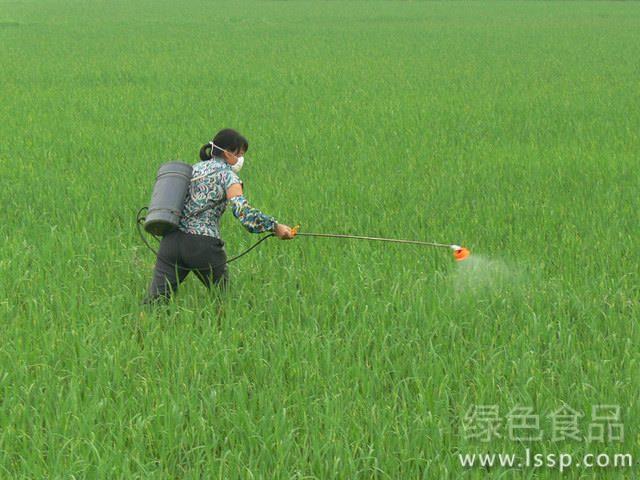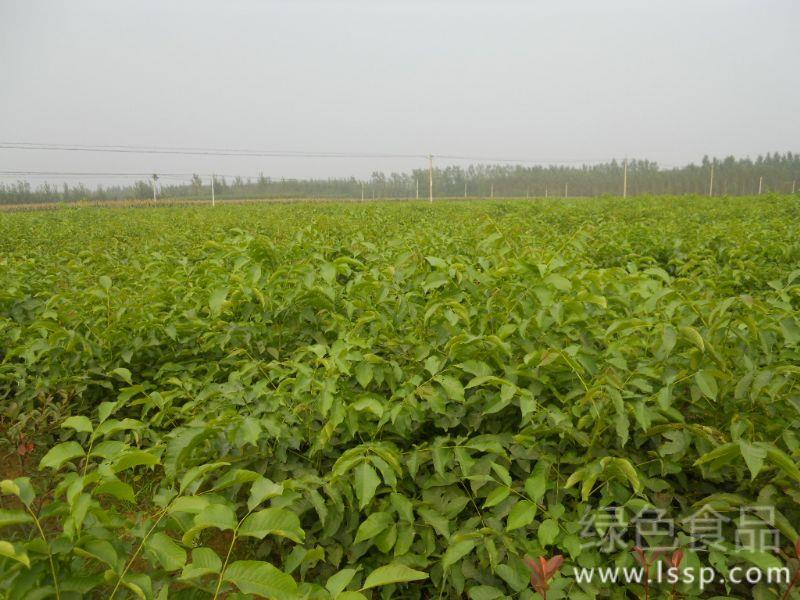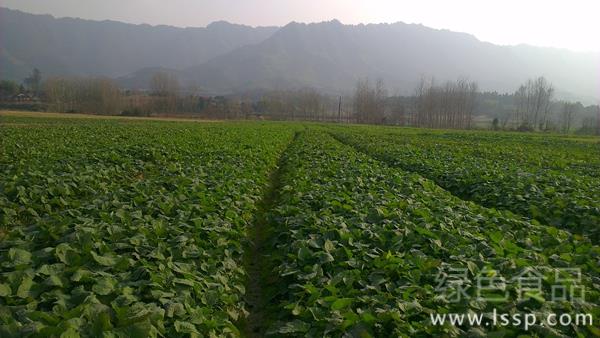Three key points of simple and effective pest control in winter

Winter pest control
The winter pest control has the advantages of less labor, less investment, simple method and great effect. The following points should be done for pest control in winter:
1. It is necessary to understand the hibernation law of pests. Sweet potato diamondback moth overwinters as pupae in the soil; cabbage insects winter as pupae in hidden places such as residual vegetable leaves, weeds and bark near the vegetable garden; potato ladybugs winter as adults in leeward, sunny crevices, stones and weeds; mole crickets winter as adults in soil, under fallen leaves and weeds; beet weevil overwinters as adults and larvae in soil Red spiders spend the winter with adults or eggs in leeward, sunny branches and axillary buds.
2. Deep turning prevention and cure. Methods such as destroying roots and stubble, deep freezing, returning straw to the field, and removing litter, leaves and weeds in the field should be adopted to "turn over" crop residues and pests, so that pests can be exposed to the surface of the soil. this is easy to be pecked by birds or frozen to death. Qualified farmers can use spraying and burning methods to control insect pests.
3. Chemical control. It can be combined with soil preparation in winter and spring and the application of phoxim and other pesticide granules to treat soil, which can eliminate a large number of underground pests such as grub, mole cricket, golden needle worm, ground tiger and so on. Combined with the accumulation of farm manure in winter and spring, weeds are eradicated, crop residues, branches and leaves are collected, and farm manure should be treated with chemicals and fully mature, so as to eliminate insect eggs and reduce the incidence of insect pests. In particular, in plots with serious occurrence of all kinds of drillworms, the crop remains must be picked up and burned before spring sowing.
- Prev

Seedling Propagation techniques of Walnut seedlings by Direct sowing
Seedling Propagation techniques of Walnut seedlings by Direct sowing
- Next

How to manage rape before winter to realize strong seedlings to survive the winter safely
How to manage rape before winter to realize strong seedlings to survive the winter safely
Related
- Fuxing push coffee new agricultural production and marketing class: lack of small-scale processing plants
- Jujube rice field leisure farm deep ploughing Yilan for five years to create a space for organic food and play
- Nongyu Farm-A trial of organic papaya for brave women with advanced technology
- Four points for attention in the prevention and control of diseases and insect pests of edible fungi
- How to add nutrient solution to Edible Fungi
- Is there any good way to control edible fungus mites?
- Open Inoculation Technology of Edible Fungi
- Is there any clever way to use fertilizer for edible fungus in winter?
- What agents are used to kill the pathogens of edible fungi in the mushroom shed?
- Rapid drying of Edible Fungi

